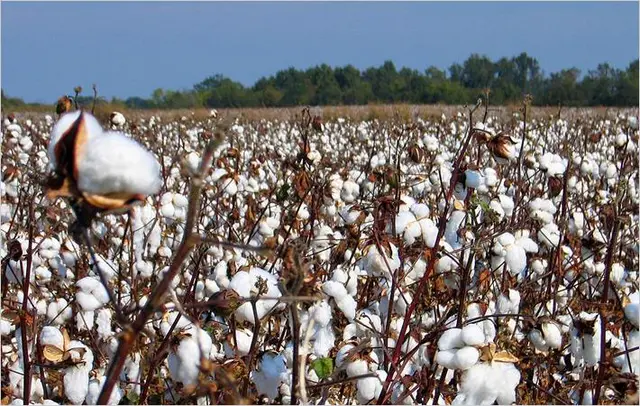By APD writer Muhammad Sohail
The Economic Coordination Committee (ECC) of Pakistan’s central cabinet has withdrawn all duties and taxes on import of cotton to facilitate imports by the country’s business community, local media reported Tuesday morning.
The ECC also allowed cotton import via the northwest Torkham border, a land route from Afghanistan and the Central Asian States, to meet the growing demand of the textile value-added sector. The decision will be effective from Jan 15, 2020.
Earlier in 2014-15, the government had imposed one percent customs duty along with 5 percent sales tax on cotton import. Later, during the next few years, the government also imposed 3 percent regulatory duty, 2 percent additional customs duty and 5 percent sales tax.
In October this year, the Cotton Crop Assessment Committee of Pakistan projected that cotton production would be 10.20 million bales as against the target of 15 million bales at the end of the year 2019.
The ECC also ordered to buy a bulk of cotton from local farmers by Jan. 1, 2020 so that the proposed exemption would not adversely affect the interests of local farmers. Both the commerce and national food divisions of Pakistan have given assurance that imported cotton would not affect the interest of the local farmers and would facilitate textile exports which are showing an upward trend.
Adviser to the Prime Minister on Finance Hafeez Shaikh directed the national food security ministry to devise a comprehensive policy in consultation with the relevant stakeholders, which could help in improving the local production of cotton and serve the interests of local farmers.
Commerce and food security divisions were directed to engage with the cotton importers for the establishment of facilities at northwest Torkham border crossing.
As Pakistan has suspended trade with India recently due to different issues caused by rising tensions between the two neighbors, Afghanistan and the Central Asian states have become more viable economic sources for Pakistan’s cotton import.
Adviser to the Prime Minister on Commerce Razak Dawood said that the availability of cotton, especially the long-staple one, would facilitate the textile value chain to maintain growth in exports, especially of value-added products.
During the period from July to November 2019, Pakistan’s exports of value-added readymade garments increased by 35 percent, knitwear by 6 percent and bedware by 14 percent in terms of quantity as compared to the corresponding period last year.
(ASIA PACIFIC DAILY)
 简体中文
简体中文

